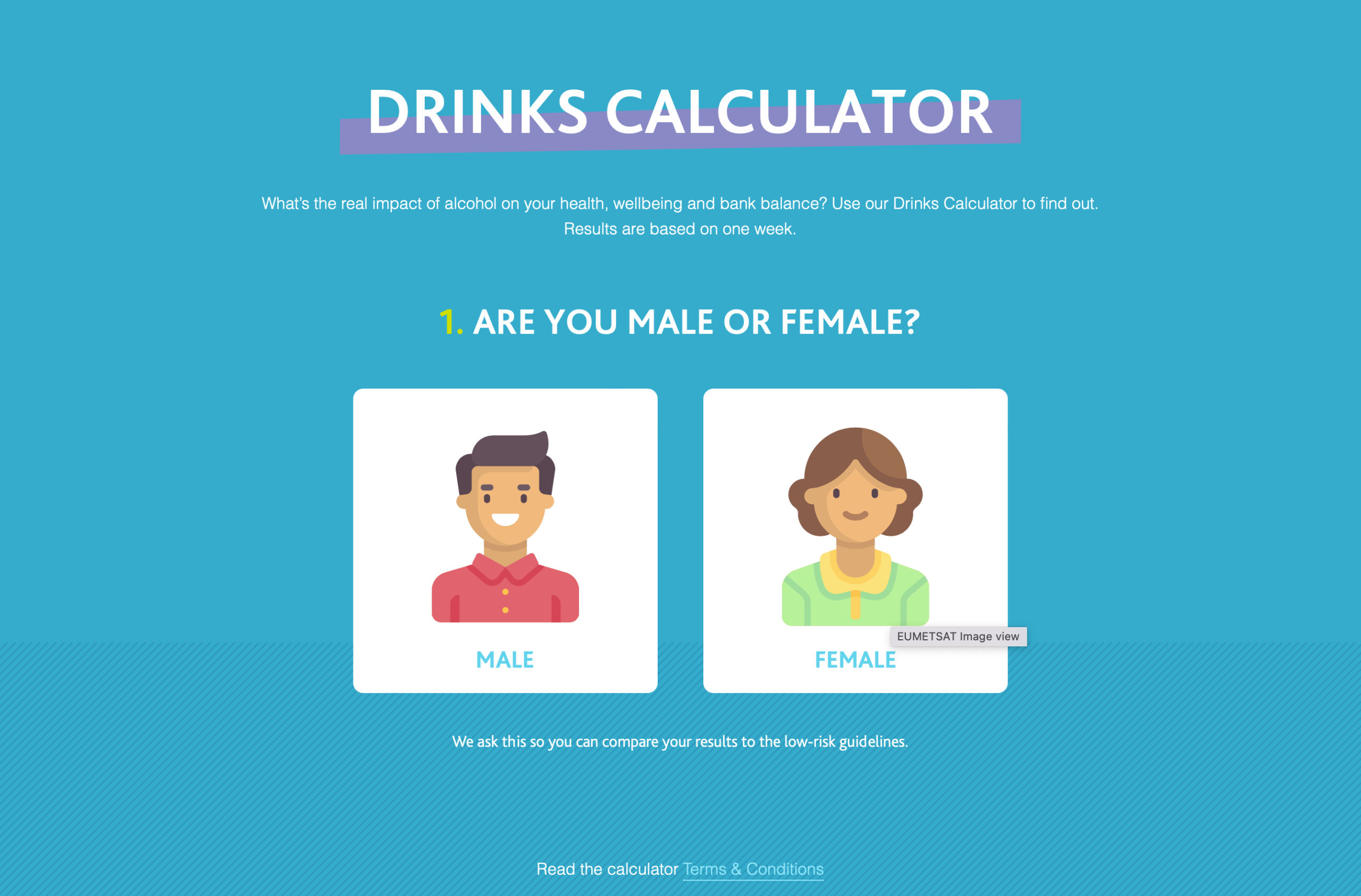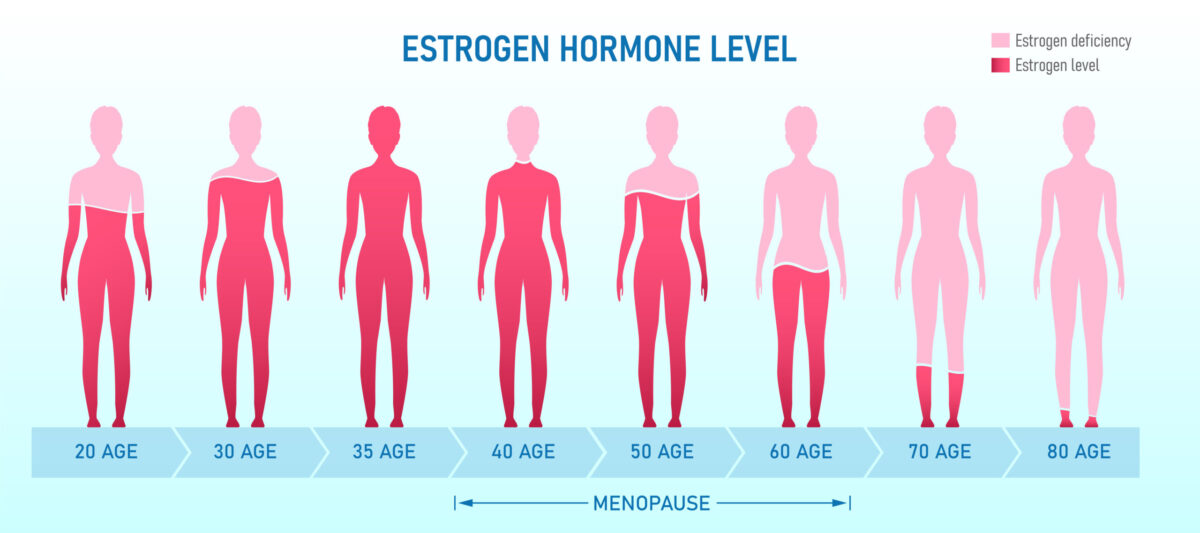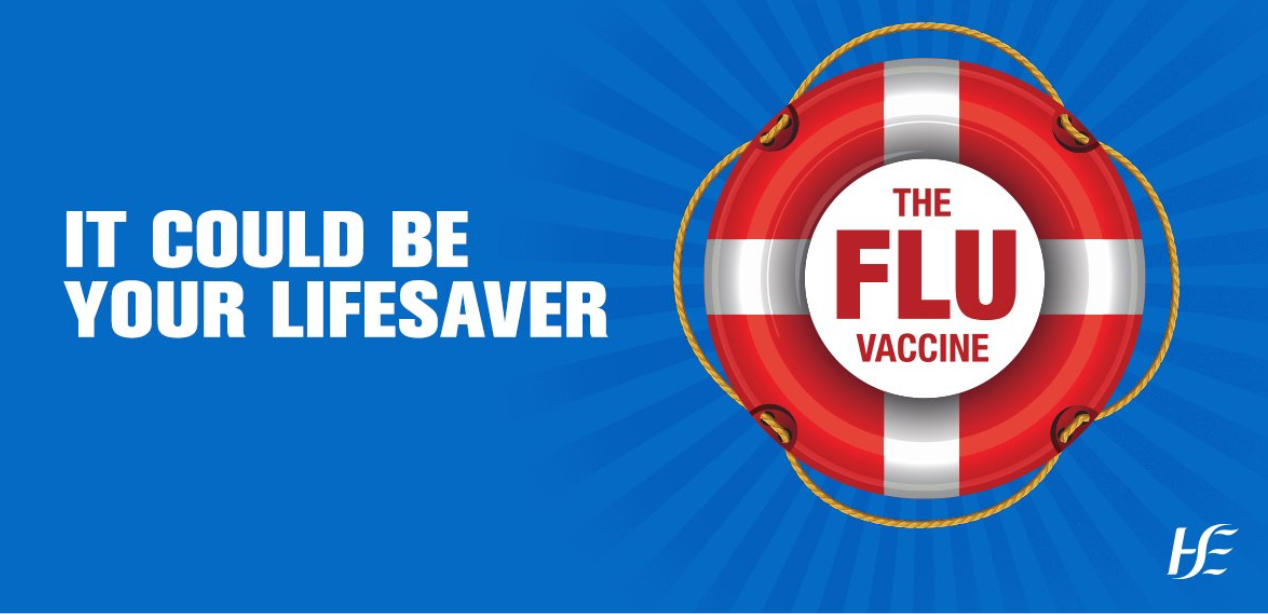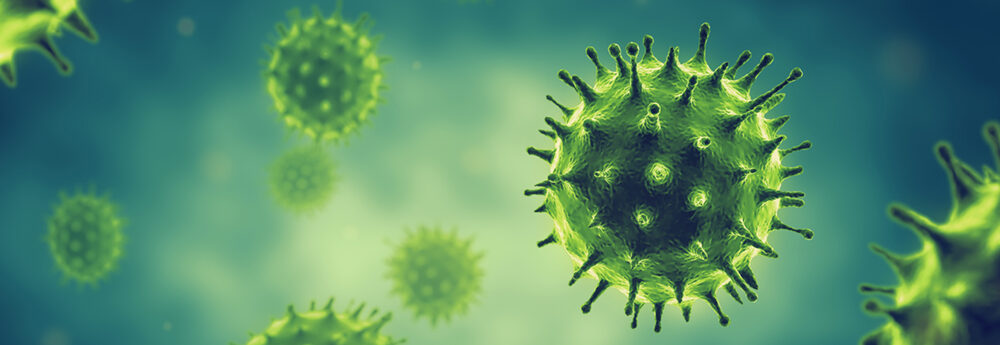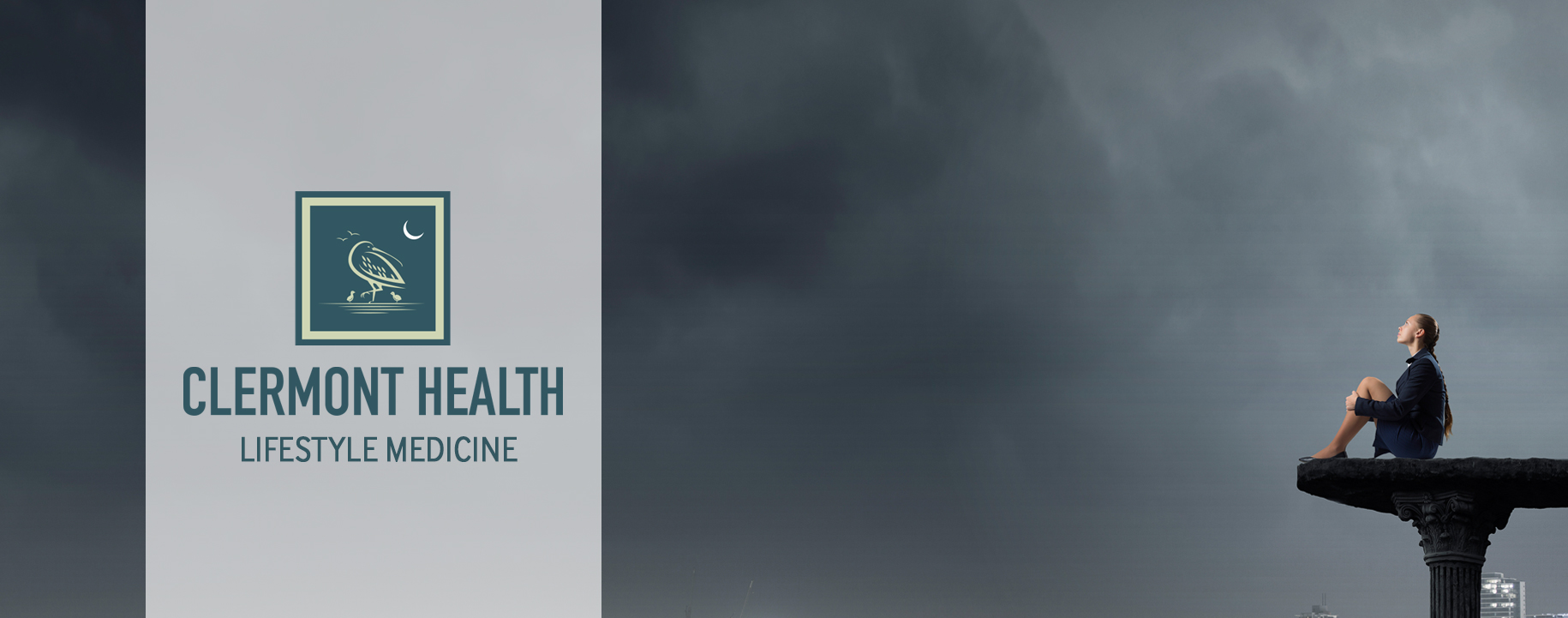
Risk Reduction
Lifestyle Medicine is an evidence-based approach to improving health and well-being. It is patient-centred and focuses on the six pillars of lifestyle, one of which is reducing harmful substances, including smoking cessation and alcohol consumption, to low-risk levels.
Smoking cessation represents the best health intervention in terms of years added to life, reduction of serious diseases (cancer, heart disease, stroke, COPD and more), benefit to the exchequer and society, and that is before considering the benefits of reducing second-hand smoke. Also, as smoking is a driver of widening socio-economic disparities, quitting is a way of reducing health inequalities. Finally, a Tobacco Free Ireland is, in fact, current government policy, with an adventurous target for Ireland to be tobacco-free by 2025. The 2022 National Clinical Guidelines for Smoking advise that all healthcare professionals routinely ask for advice about the harms of smoking and the benefits of cessation. Behavioural supports such as Brief Motivation Interviewing, group therapy as provided by the HSE and others, phone or text messaging services, as well as medical treatments such as Nicotine Replacement Therapy can all significantly increase quit rates. Vaping is not recommended for smoking cessation.
Tobacco smoking remains a leading cause of death and disability globally. In Ireland, approximately 17% of Irish adults smoke, which translates to approximately 665,000 smokers. Smoking remains a major public health issue as half of smokers will die from a smoking-related disease; in reality, this translates to 100 people in Ireland dying and 1,000 people being hospitalised per week. This has a major detrimental effect on Irish health services and all aspects of Irish life. In 2016, the estimated annual cost of smoking to the health service was €460 million, and the total annual cost was €10.7 billion.
The good news is that quitting smoking can have profound positive effects on all aspects of health. Furthermore, most smokers want to quit, and approximately half have attempted quitting in the last year.
Smoking is linked to an increased risk of several cancers, including;
- Lung
- Head and neck
- Oesophagus
- Stomach
- Liver
- Breast
- Bowel
- Bladder
Tobacco smoke contains over 4000 chemicals, of which many are carcinogenic, e.g., benzene, formaldehyde, ammonia, arsenic, cyanide, etc., as well as tar, addictive nicotine and poisonous carbon monoxide.
Alcohol misuse is not always just about the amount consumed but also about the pattern of drinking. “Binge” drinking is associated with significant health risks. Alcohol misuse can lead to many health complications, including heart disease, liver disease, anxiety, depression, self-harm, diabetes, and certain cancers. Around 30% of suicide and self-harm attempts are associated with alcohol use. These health complications account for 1 in 10 of every occupied hospital bed and a significant burden on our health service when we account for additional costs such as increased length of stay in the hospital, increased GP visits, and significant use of emergency services (as many as 29% of ED visits on early weekend mornings are related to alcohol). While more than 52% of Irish adults have hazardous alcohol use – 59% feel that they have low-risk or light alcohol use – highlighting a misunderstanding of how much alcohol use is safe or low-risk. A study in Ireland found that only 2% of adults know low-risk drinking guidelines. Alcohol use in teen years is associated with additional physical and mental health risks, both short-term and long-term. Studies have found that parental drinking and attitudes towards alcohol use are among factors that can lead to adolescent alcohol use. The cultural and societal focus on alcohol makes safe drinking difficult for many.
Reducing alcohol intake to low-risk levels (or, for some, a complete cessation of alcohol use) can improve both physical and mental health and reduce risks of short and long-term complications such as heart disease, diabetes, liver disease, pancreas disease, and certain cancers. Changes in drinking as a parent can also directly reduce the risk of alcohol use and health risks in children. Some patients who misuse alcohol need or would like support when they want to reduce or stop drinking, which may include counselling, support groups, and/or short-term medications. This can greatly increase your chance of success.
How much is low-risk drinking? Use this calculator to check: https://drinkaware.ie/drinks-calculator/
